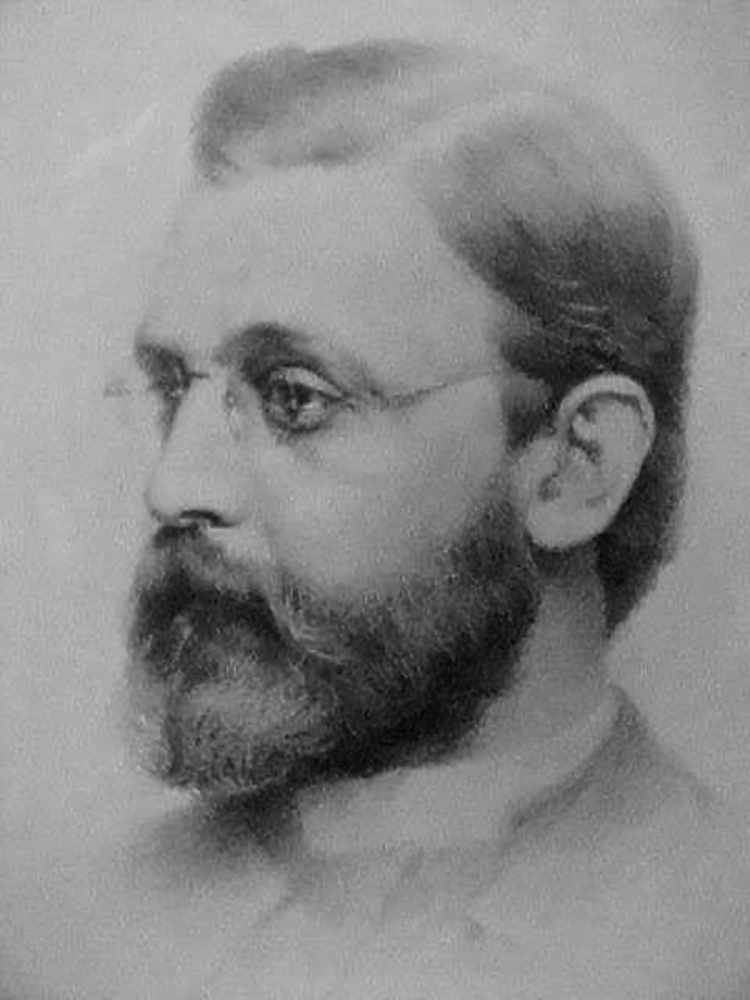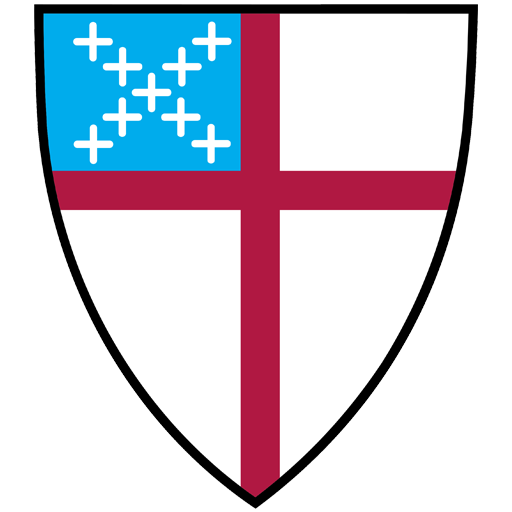March 22 (Lesser Feasts and Fasts 2000)

James De Koven was born in Middleton, Connecticut, in 1831, ordained by Bishop Kemper in 1855, and appointed professor of ecclesiastical history at Nashotah House. In addition, he administered a preparatory school, and assisted at the Church of St. John Chrysostom in Delafield, Wisconsin.
Nashotah House was associated, from the time of its foundation, with many of the principles of the Oxford Movement, above all in its emphasis on the sacramental life of the Church and the expression of devotion to the Eucharist — including such practices as bowing to the Altar, at the name of Jesus, and before receiving Communion. In 1859, De Koven became Warden of the Church college at Racine, Wisconsin, where he emphasized the life of worship. He died there in 1879.
De Koven came to national attention at the General Conventions of 1871 and 1874, when the controversy over “ritualism” was at its height. In 1871, he asserted that the use of candles on the Altar, incense, and genuflections were lawful, because they symbolized “the real, spiritual presence of Christ” which the Episcopal Church upheld, along with the Orthodox and the Lutherans. He cited a recent decision of an ecclesiastical court of the Church of England, which affirmed as the teaching of the Church of England that “the spriritual presence of the Body and Blood of our Lord in the Holy Communion is objective and real.”
Because of his advocacy of the “ritualist” cause, consents were not given to his consecration as Bishop of Wisconsin in 1874, and of Illinois in 1875. To the General Convention of 1874, De Koven expressed the religious conviction that underlay his Churchmanship: “You may take away from us, if you will, every external ceremony; you may take away altars, and super-altars, lights and incense and vestments;…and we will submit to you. But, gentlemen…to adore Christ’s Person in his Sacrament — that is the inalienable privilege of every Christian and Catholic heart. How we do it, the way we do it, the ceremonies with which we do it, are utterly, utterly, indifferent. The thing itself is what we plead for.”
